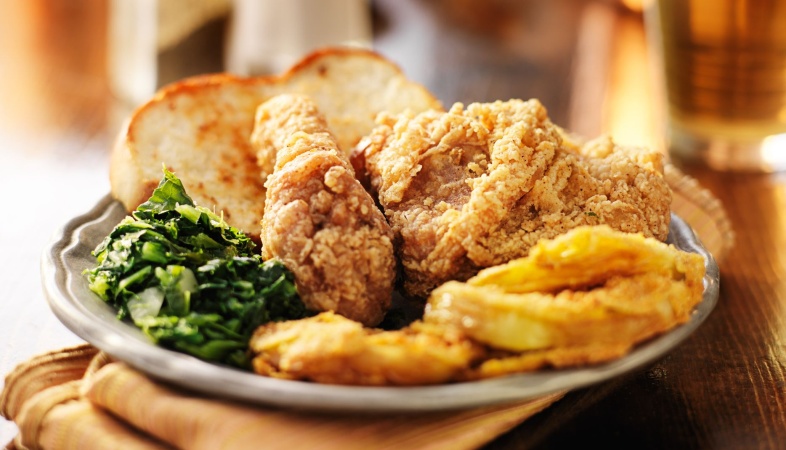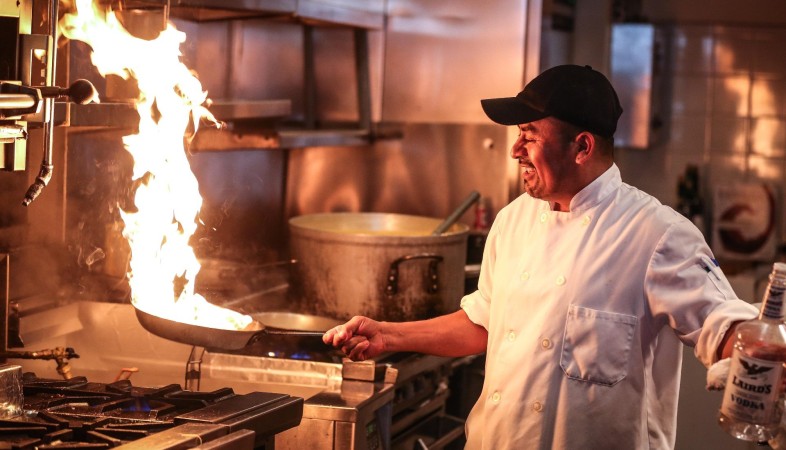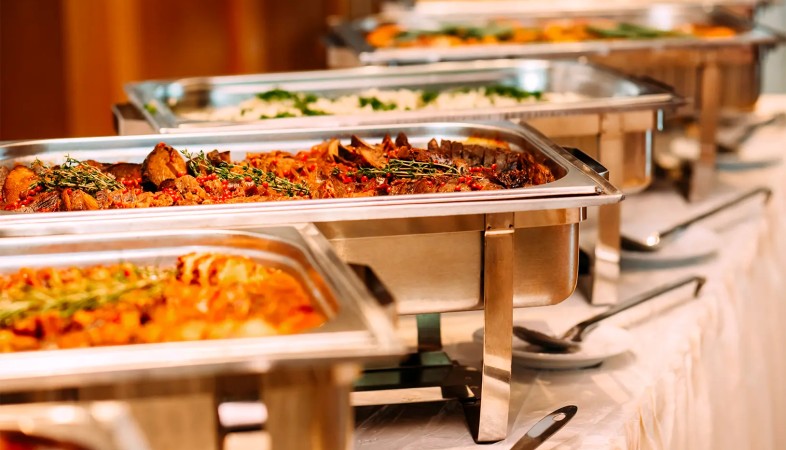Soul Food Chronicles: Celebrating the Legacy and Resilience of African-American Cuisine in the American South
Soul food is more than just a meal—it is a cultural legacy, a source of pride, and a testament to the enduring spirit of African-American resilience and creativity.

In the intricate mosaic of American culinary heritage, few
cuisines resonate as deeply and evocatively as African-American soul food. It
is a cuisine that speaks volumes, telling tales of struggle, resilience, and
triumph. From its humble origins in the antebellum South to its widespread
influence on American gastronomy, soul food embodies the indomitable spirit and
cultural richness of African-American communities. In this journey through the
Soul Food Chronicles, we'll delve into the intricate layers of history,
tradition, and flavor that define African-American cuisine in the American
South.
Soul food is more than just a culinary tradition—it is a profound expression of African-American identity and heritage. Its roots trace back to the harsh realities of slavery, where enslaved Africans ingeniously transformed meager rations and leftover scraps into hearty, flavorful meals that sustained them through arduous days of labor. With ingenuity and resourcefulness, African-American cooks adapted traditional African cooking techniques and ingredients to the realities of plantation life, creating dishes that would become the foundation of soul food cuisine.
At the heart of soul food lies a deep reverence for ingredients and flavors that reflect the diverse culinary influences of West Africa, the Caribbean, and the American South. Staples such as collard greens, okra, sweet potatoes, and black-eyed peas form the backbone of soul food cooking, while seasonings like garlic, onion, peppers, and spices infuse dishes with bold and vibrant flavors. Meats such as pork, chicken, and catfish feature prominently in soul food cuisine, often slow-cooked or smoked to tender perfection and served with hearty sides and accompaniments.
Soul food is also a celebration of community, family, and tradition. It is a cuisine that brings people together, fostering bonds of kinship and camaraderie around the communal table. From Sunday suppers and church potlucks to neighborhood cookouts and family reunions, soul food meals are occasions for joyous celebration, where stories are shared, laughter echoes, and memories are made. Each dish carries with it a legacy of love and care, passed down through generations and cherished as a link to the past.
In recent years, there has been a resurgence of interest in soul food cuisine, driven in part by a growing appreciation for its cultural significance and culinary artistry. Chefs and food enthusiasts are rediscovering the roots of soul food cooking, exploring traditional techniques and ingredients while putting a modern twist on classic dishes. Farm-to-table initiatives, culinary festivals, and food justice movements are also shining a spotlight on the importance of preserving and promoting African-American foodways, ensuring that the legacy of soul food continues to thrive for generations to come.
But perhaps the true essence of soul food lies not just in its flavors and recipes, but in the spirit of resilience and creativity that it embodies. It is a cuisine born out of adversity, yet imbued with a sense of joy, hope, and resilience that transcends hardship. Soul food reflects the enduring strength and cultural vitality of African-American communities, serving as a testament to their resilience and ingenuity in the face of adversity.
As we journey through the Soul Food Chronicles, we are reminded of the power of food to nourish not just the body, but also the soul. Soul food is more than just a meal—it is a cultural legacy, a source of pride, and a testament to the enduring spirit of African-American resilience and creativity.
.png)










.jpg)

















